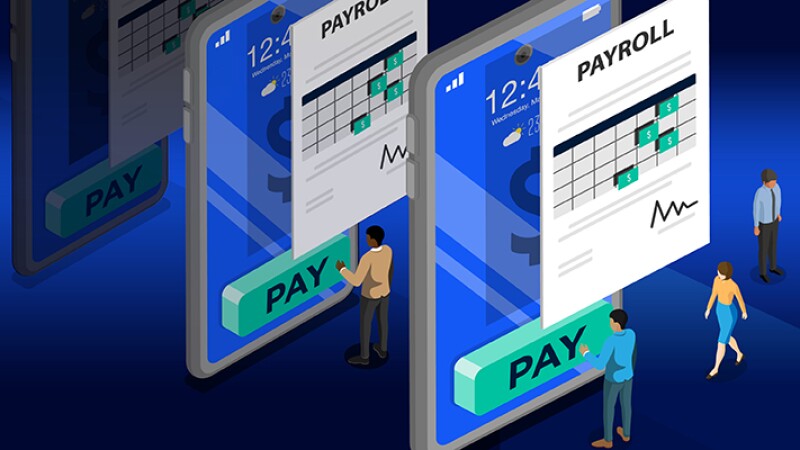The financial pressures many consumers have been facing in the last few years, coupled with the pandemic-induced economic challenges, have forced many adults to seek out new ways to access money from their paychecks before the traditional pay cycle ends as a way to balance unexpected bills and pay for life’s daily expenses. One new product, earned wage access or EWA, is allowing millions of workers to access earned, but not yet paid wages ahead of payday, and as an alternative to expensive payday loans. EWA is gaining significant adoption among both employers and their employees and its beginning to disrupt the traditional payday.

This study from Arizent – parent company of American Banker and Employee Benefit News – explores how the growing consumer demand for faster access to wages is creating a new set of financial services that are disrupting the traditional payday, as well as what it means to companies seeking to recruit and retain workers.
Key findings include
- Earned wage access (EWA) as a benefit is a strong job recruiting tool as most respondents said it would positively impact their interest in a job offering it. A case in point is Walmart, where 500,000 employees actively use EWA and it’s the third most popular benefit after healthcare and the 401(K).
- Most (77%) EWA users choose to receive their funds instantly or on the same day – reflecting an immediate need to pay an emergency expense such as a car repair or make a needed purchase such as food for dinner.
- Employees tend to pay most of the fees for faster wage access and receive the funds on an employer or vendor-sponsored debit card or bank account, creating a potential conflict of interest should an employee want to switch jobs.
- The market is primarily served by fintechs yet a majority of users would use an EWA service if offered by their bank or credit union.